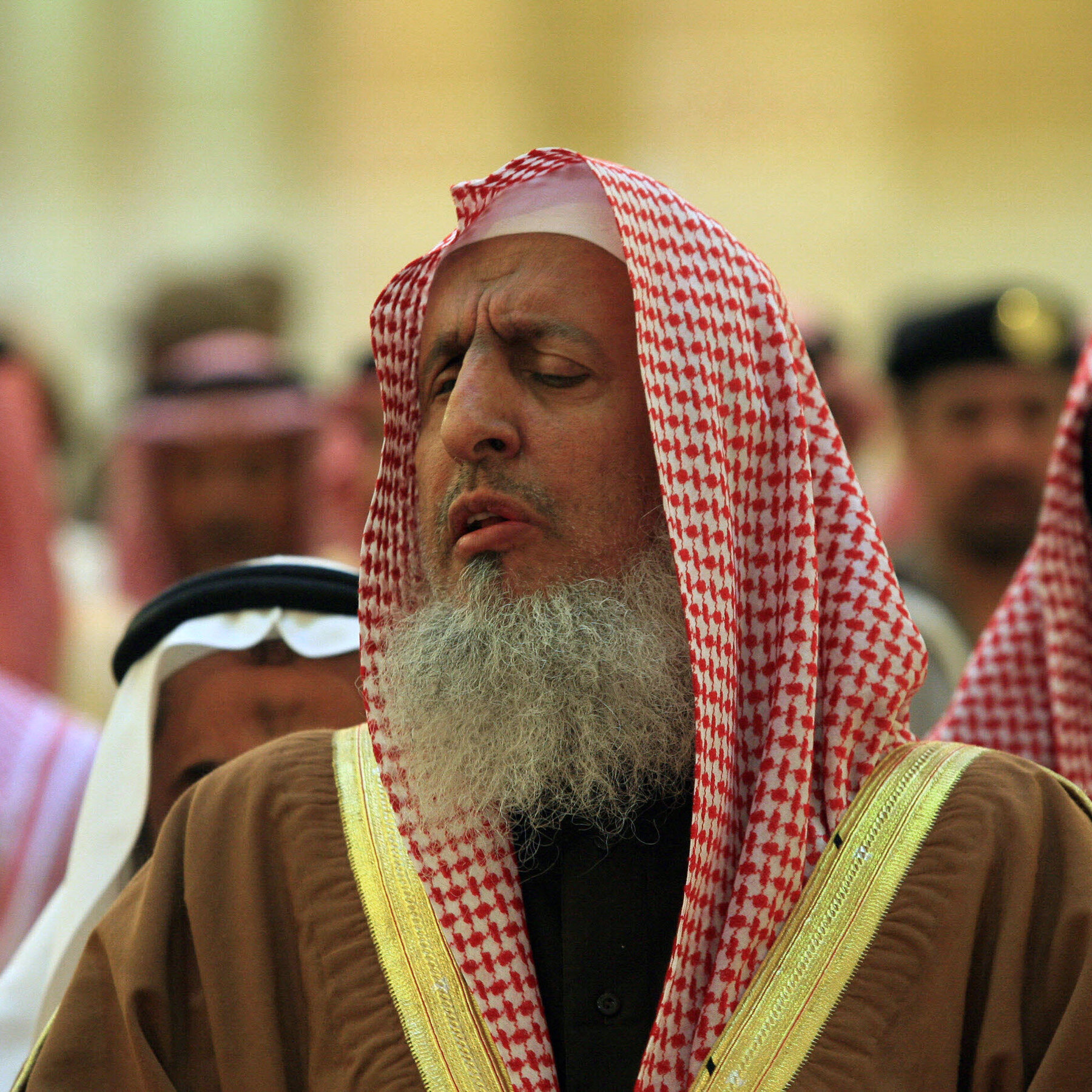Riyadh — The Kingdom of Saudi Arabia bid farewell to one of its most significant religious voices on Tuesday, as Grand Mufti Sheikh Abdulaziz Al Asheikh passed away after serving more than two decades as the nation’s top religious authority. Though the exact age of the Sheikh remains undisclosed, he was widely believed to be in his early to mid-80s.
Appointed in 1999, Sheikh Abdulaziz became a towering figure in Saudi Arabia’s religious landscape. As Grand Mufti and head of the Council of Senior Scholars, he issued fatwas (religious edicts) and helped shape the moral and spiritual framework of the nation. His influence was vast and long-lasting, leaving a legacy woven into the very fabric of Saudi society.
The Saudi Royal Court announced his death, calling it a loss not only for the Kingdom but for the entire Islamic world. Crown Prince Mohammed bin Salman personally led the funeral prayers in Riyadh, underscoring the late cleric’s prominence.
A Voice of Traditionalism
Sheikh Abdulaziz was known globally for his deeply conservative religious positions. Through his popular call-in radio show, he directly connected with the public, offering religious guidance rooted in tradition. He gained attention for rulings such as condemning gender mixing at public events, labeling chess as a sinful distraction, and warning of social media’s moral dangers.
His outspokenness often crossed borders, as he publicly condemned militant groups like Hamas and Hezbollah, further fueling debate over his religious and political alignments.
A Changing Religious Landscape
A descendant of Muhammad ibn Abd al-Wahhab — whose doctrine forms the basis of Saudi Arabia’s religious ideology — Sheikh Abdulaziz was both a spiritual leader and a symbol of the long-standing alliance between the ruling Al Saud family and the religious Al-Sheikh lineage.
However, the last decade brought change. Under Crown Prince Mohammed’s ambitious Vision 2030 reform agenda, the once-powerful religious establishment saw its influence wane. Though Sheikh Abdulaziz remained an authoritative figure, his role increasingly shifted from independent religious guide to institutional supporter of state policy.
From endorsing the lifting of the women’s driving ban to the curtailing of the religious police, the Grand Mufti’s fatwas began to reflect the evolving socio-political tide. His public presence, while still respected, became more symbolic — a guardian of tradition in a fast-modernizing kingdom.
End of an Era, Uncertain Future
With his death, an era marked by strict religious oversight and traditionalist interpretations comes to a quiet close. The question now arises: Who will be appointed to carry the religious mantle in a nation where cultural liberalization and economic modernization are accelerating?
More importantly, what kind of role will the next Grand Mufti play? Will he continue the legacy of alignment with the state, or reclaim a more independent, doctrinal voice?
This moment is not just about the passing of a prominent religious figure. It’s about the soul of a changing nation.
In the end, Sheikh Abdulaziz Al Asheikh was more than a religious scholar. He was a man who lived through — and in many ways, symbolized — a dramatic transformation in Saudi Arabia. From tradition to transition, his story is a reflection of a kingdom balancing faith, identity, and modernity.








